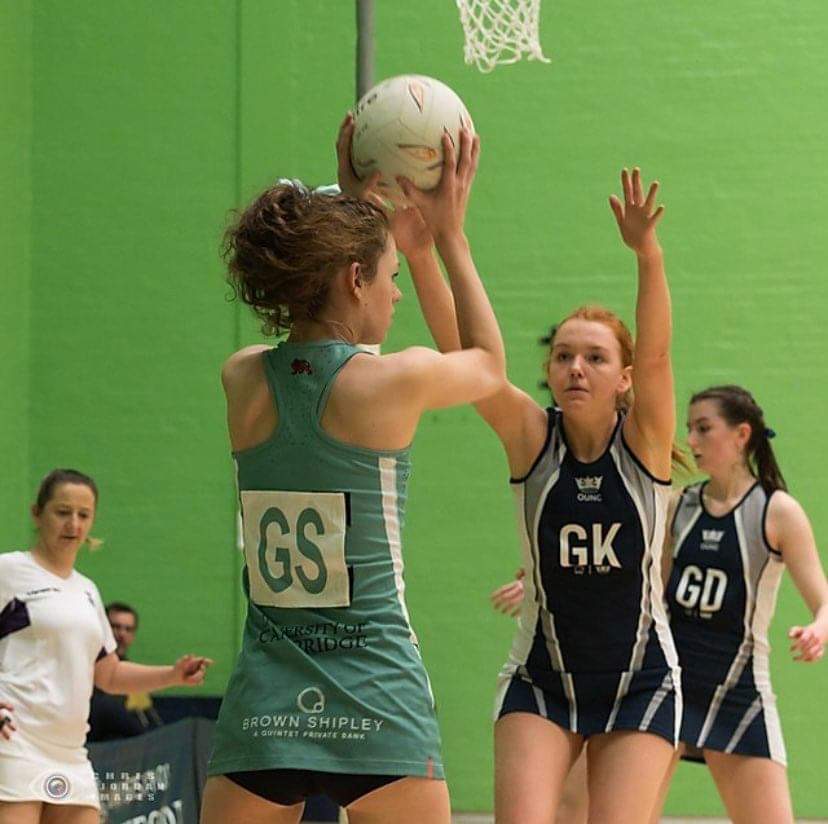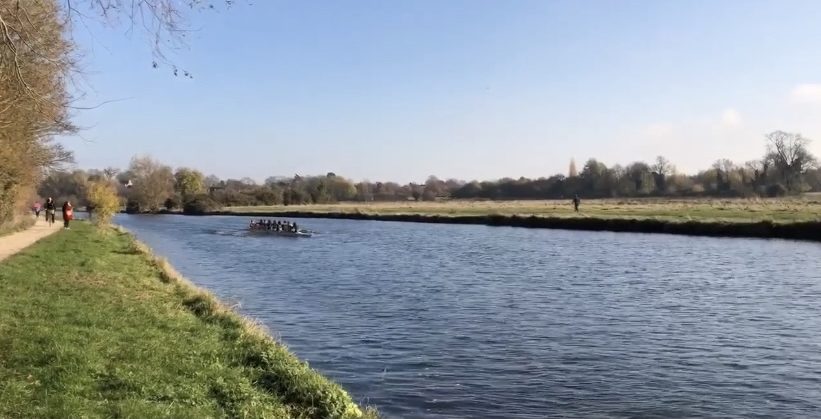
Keeping sports at Cambridge up and running in a pandemic
The work behind the scenes as captains deal with the challenges of Covid-19 and the impact it has on their sports teams
Over the past few months many Cambridge sports captains have been adapting their sport to constantly changing government guidelines. The impact of the pandemic on university sports raises questions about social contact, physical exercise and mental health; and as another lockdown looms, the future of sports at Cambridge looks even more uncertain.
With over 75 sports clubs and societies, Cambridge University is widely recognised for its sporting achievements. But with the realities of a global pandemic threatening the survival of sporting activities at Cambridge, sports teams and their captains have had to meet the challenge of making the sport Covid secure.
Communication with colleges
One of the main issues that sports teams are facing when organising facilities for training was a lack of clarity in communication and guidance from the colleges.
Club Captain of CULNC (Cambridge University Ladies Netball Club), Ciara Agnew, explained the difficulties of finding training spaces when government guidelines suddenly changed just before the start of term. Organised indoor team sport was restricted to fewer than six people, which meant indoor practice couldn’t take place for the 20 netball team members and coach.
Ciara said: “The netball team had to find outdoor facilities to practice in, but most colleges refused to allow the team to use their facilities because they were reluctant to allow non-college-members on college grounds.
“This mean that the university netball team couldn’t actually access the netball facilities at the colleges and had to pay to use external facilities.”

As another lockdown looms, team sports are in the balance (Image credit: Chris Jordan Images)
The colleges’ policies are designed to ensure the safety of staff and students by reducing the number of people on college grounds. As the colleges prepared for the new and returning students, the lack of clear communication and guidance made it challenging for the captains who were attempting to organise a term of sport.
As Ciara suggested: “Colleges could do more to communicate with sports societies, although this of course depends on the college, with some (such as Robinson College) being more supportive than others.”
The differences between colleges also proved a challenge for providing training sessions for college football teams, as CUAFL (Cambridge University Association Football League) Chairman Sam Ernest explained.
“Although not much of the actual play has changed for college football, the number of training sessions are limited, and the ability to hold sessions depends on each college and their own guidelines.
“Colleges have the ability to prevent sessions from taking place, and often only allow playing if it is competitive. The impact of this has mostly been on the freshers, who can’t take part in informal training sessions or try-out matches.”
For example, Queens’ did not allow any college sport for the first two weeks of term, so the first round of matches was not allowed in Queens’ grounds.
These try-outs are especially important for freshers, who are already missing out on other activities which would normally be put in place for them, and who may need the social aspect of team sports more than most. However, when college-level sports clubs and the college itself communicate well and work together the results are positive.
Captain of Clare Boat Club, Philippa Slay, explained that the college was keen to support the boat club and its members. She said: “The boat club drew up a Covid-secure risk assessment, based on the advice from British Rowing and the government guidelines.
“The college reviewed the assessment and then was happy to allow training sessions to go ahead.”

The social and physical aspects of university sport are key to students’ welfare. (Image credit: ?)
University Sports Centre support
The captains also emphasised the support they had received from the University Sports Centre.
Ciara said: “The Sports Centre replied really quickly and were really supportive. They held a webinar at the start of term with colleges to persuade them to hold college netball league. Where the rules allowed, they were very accommodating of teams at their facilities.”
The centre also provided materials for support, such as guideline documents for helping draw up risk assessments.
Going round in circles
The constant changes in government guidelines was frustrating for sports captains, as it meant that risk assessments and protocols constantly had to be changed and new facilities had to be found.
Ciara said: “It seems pretty futile because we have gone full circle, and the work we have done so far seems pointless every time the guidelines change.”
Sports captains have to take into account three layers of guidelines; government, university, and college, and have already had to put in a lot of hard work to keep sports activities and clubs up and running.
Another challenge captains and coaches have to manage is finding substitutes for teams at short notice when participants have to self- isolate.
With another lockdown looming, the future of sports at Cambridge is uncertain. But with the dedication and hard work of the captains and more support from the colleges, we can be hopeful that sports teams and clubs will be able to provide the much-needed distraction from reality.
Featured image credit: Annie Huang









































